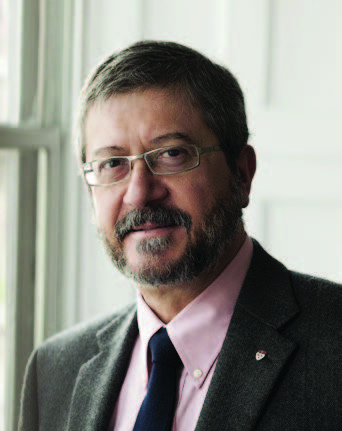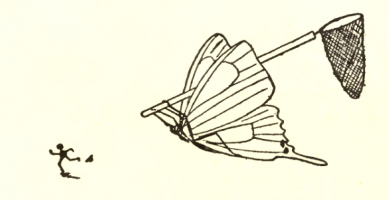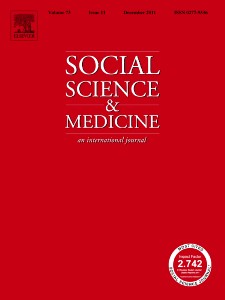
A journal is retracting a paper after it discovered researchers gave a child the wrong supplement for more than a year.
Rhiannon Bugno, managing editor for Biological Psychiatry, told Retraction Watch the mix-up did not put the patient at risk. However, the mistake was enough for the journal’s editor, John Krystal, of Yale University, to request the retraction of a 2016 paper describing the young girl’s experience taking the compound,“Rett-like Severe Encephalopathy Caused by a De Novo GRIN2B Mutation Is Attenuated by D-serine Dietary Supplement.”
Originally published June 17, 2016, the paper was retracted Jan. 15. Led by corresponding author Xavier Altafaj, of the University of Barcelona (UB) and Bellvitge Biomedical Research Institute (IDIBELL), researchers described using an amino acid, D-serine, to treat a child with a rare genetic disorder that affects neurons.
According to the notice, the researchers did use D-serine in lab work used as proof-of-concept; however, when it came time to try it in the patient, as a result of a “communication error:”
Continue reading Child took wrong compound for over a year after “communication error”
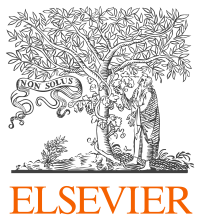
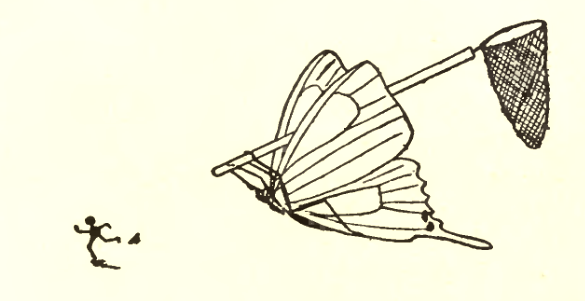 Title:
Title: 

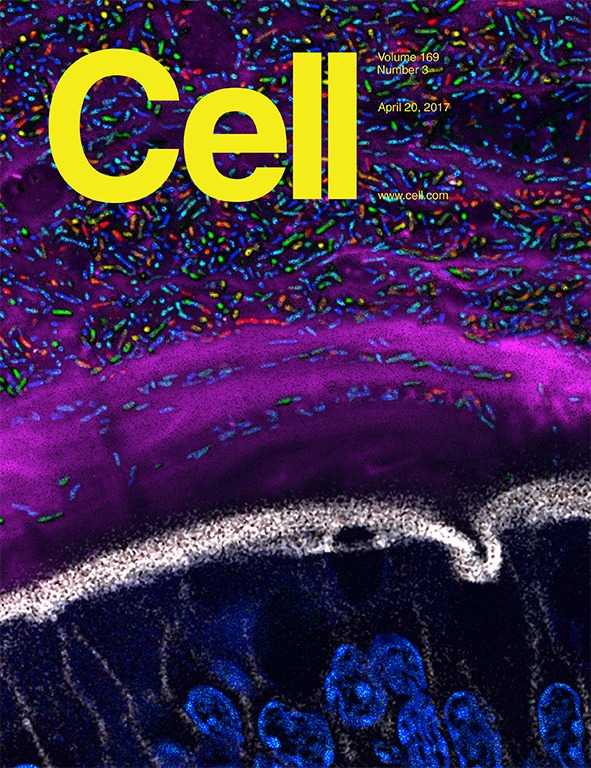 When
When 